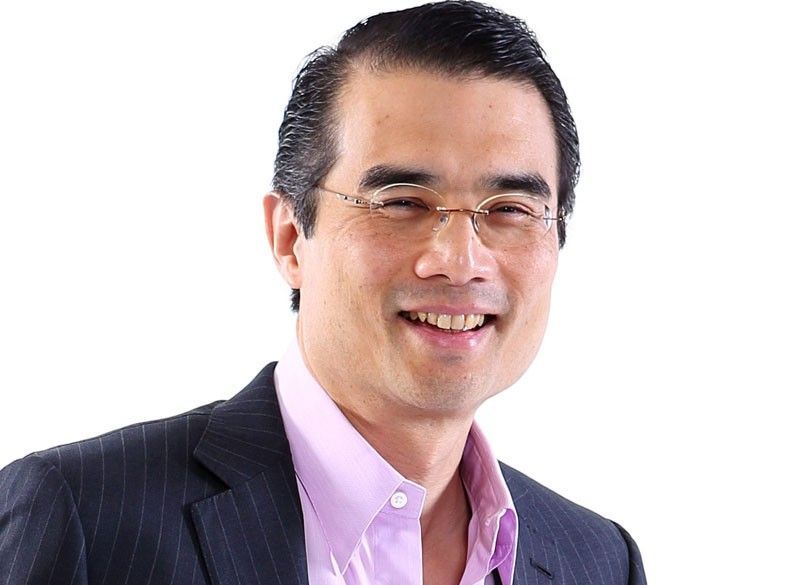A regenerative, decarbonized future

MANILA, Philippines — (The following is excerpted from the author’s message during the online forum of environmental non-profit organization Green Convergence last December 2020.)
The Philippines, despite its tiny contribution to world emissions, is one of the most vulnerable nations on Earth to the unfolding climate crisis. We have an inordinate stake in limiting global temperature rise to within 1.5 degrees Celsius. Our voice in the community of nations resonates with a stronger moral power if we’re willing to back our words with action, proving it can be done.
What could it look like if we put the goal of carbon neutrality by 2050 (CN2050) into action? First, we could carve out a definitive path to a decarbonized electricity system in the country that charts a transition from fossil fuels like coal and natural gas today to renewables such as geothermal, solar and wind; storage batteries; and energy efficiency technologies.
Natural gas-fired power plants we have today that keep the lights on and complement RE intermittency nicely because of their flexibility and speed are useful in ushering the age of pure renewables and batteries, and could eventually be repowered into using clean hydrogen in the coming decades as technology develops.
Second, if we green the electricity grid, it opens up the electrification of transport, too, which today is practically the source of all pollution from gasoline and diesel. The improvement in our urban air quality would be tremendous. Beyond the energy sector, we would reimagine how and where we get our food; our building materials (even integrating carbon negative materials like bamboo); the design of our buildings; how we cool them; how we insulate them; and so forth.
Third, beyond designing for a decarbonized world, just as important would be planning for resilience amidst a harsher climate. Here, we could reimagine how we design our cities with resilient infrastructure like underground powerlines and distributed generation as well as circularity in the use of water, rainwater and waste – a valuable resource we’re literally throwing away. It will also be about building cities that encourage social integration, community and compassion – the so-called “15-minute cities” being planned by progressive urban designers in Paris, Barcelona, London, Detroit, Melbourne and Oregon where work, shopping, health and culture are not more than a 15-minute walk, bike ride or mass transit ride away.
Corporate social responsibility (CSR) or philanthropy may ease our consciences, but can never scale up enough to heal our hurting world in time. There is an urgency for all of us to go beyond incremental sustainability and transform into regenerative forces that align our profit engines with the need for a better, more just world and a safer planet. Collectively, we have the creativity and innovative energy needed to solve the world’s greatest problems. Unlocking these will be the foundation to some of the greatest business opportunities in the coming century.
How do we align our businesses and profit engines with fixing a hurt world and solving its most intractable problems? Ronald Heifetz, the pioneer in the study of leadership from the Harvard Kennedy School, whom I invited to the Philippines to spend two days with the Lopez Group in 2014, would say that we are clearly in the midst of what is called an “adaptive challenge.” The solutions to the problems we face are not known and cannot be solved, he says, by “someone who answers from on high.”
They require “experiments, new discoveries and adjustments from numerous places in the organization or community. Without learning new ways – changing attitudes, values, and behaviors – people cannot make the adaptive leap necessary to thrive in the new environment. The sustainability of change depends on having the people with the problem internalize the change itself.”
CN 2050 could become that focal point, which catalyzes multidimensional solutions from all sectors and corners of society. Tackling climate change – the issue, the emergency, the crisis of our time – requires nothing less than global communities coming together to create countless collaborative pathways toward the paradigm shift and quantum leap we all need to see right now. — Federico R. Lopez Chairman and CEO, Energy Development Corp.
- Latest
- Trending























